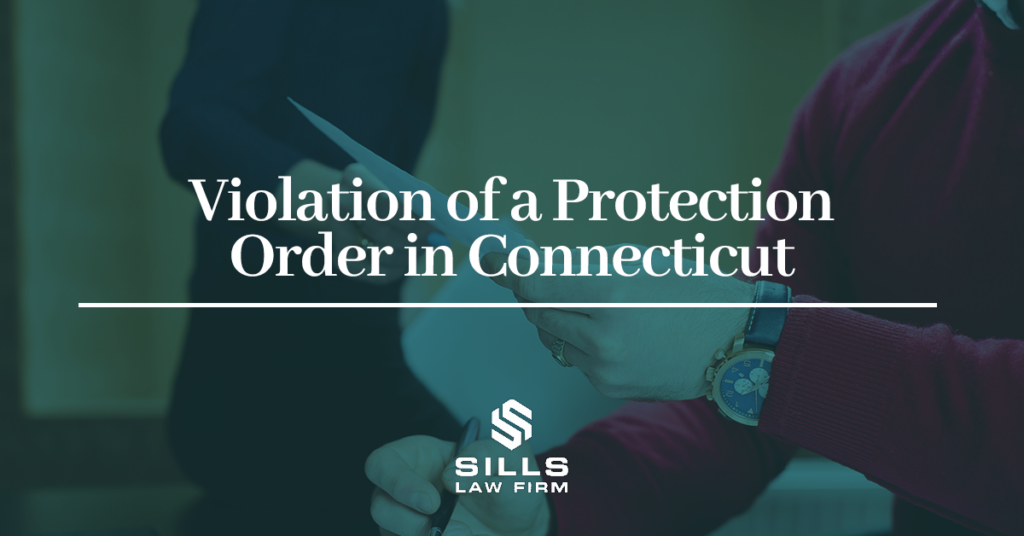Arson is an often misunderstood crime. It takes many forms, including burning down your own property. Other forms of arson include reckless behavior resulting in a fire-damaged property, such as igniting an explosive device or burning forestland intentionally. The felony crime of arson can seriously impact your future if you are convicted. In fact, you could be in prison for decades and face tens of thousands of dollars in fines. If someone was killed as a result of the arson offense, you could be in prison for life, per Connecticut Code Section 53a- (111-113). Law enforcement is highly motivated to convict suspected arsonists, as these crimes account for billions of dollar in lost or damaged property ever year, and many go unsolved.
Why Do People Commit Arson?
When you are under investigation, the motive behind the crime is what is of particular interest to investigators. Fire investigators and law enforcement will look at your record to see if there is any reason you would want to commit arson, either to your own property or someone else’s.
The most common reasons people commit arson are:
- Vandalism
- Thrill-seeking
- Attention-seeking
- Concealing another crime, such as burglary or homicide
- To profit from collecting insurance money
- Revenge on someone else
- Mental illness, such as pyromania or a personality disorder
What You Should Know if You’re Under Investigation for Arson
Would-be arsonists should be aware of the fact they can be arrested for their crime, and that burning a property often is not enough to destroy all evidence, even fingerprints, and DNA. It is a mistake to think a trained fire investigator paired with law enforcement cannot find the source of a fire. The circumstances leading up to the destruction of the property can be extremely telling, too; for instance, if you recently increased your insurance coverage for a property destroyed by fire, it will look highly suspicious. The physical evidence left behind can point the fire investigator in the right direction to uncover if an accelerant such as gasoline was used, or if existing fuel lines in the property were used to aid the spread of fire.
What Does a Fire Investigation Include?
An arson investigation’s most important witnesses are the firefighters who first arrive at the scene of the blaze. The investigator will ask the firefighters for details about the fire itself, such as the color of the smoke, any damaged sprinkler systems, conditions of windows and doors, and any strange behavior of the flames (which they are trained to detect). Once the behavior of the fire is established, investigators will look for its point of origin and document any available physical evidence which was not destroyed. This helps them reconstruct the event and use the scientific method to either prove or disprove arson. Still, the fire investigator will have to look at more than just the scene of the crime.
Apart from the actual scene of the alleged crime, you should know this: “Loose lips sink ships.” What that means is that the fire investigator will talk to your friends, family, and whoever lived in the property you burned down. If you’re bragging about your own crime, even to strangers in a bar, it could come back to haunt you. If you are interviewed by the fire investigator, it will be easy for him or her to catch you in a lie, especially if you don’t have your story straight about what happened. This is one reason why it’s extremely important to secure legal representation and not speak without a criminal defense attorney present, whether or not you’ve been arrested.
Perhaps the most damning evidence against someone charged with arson is the fire investigator’s word at trial. Fire investigators are held to very high standards, and fire experts must meet strict minimum standards set by the National Fire Protection Association (NFPA) for the professional qualifications for fire investigation. Fire investigators must remain current with investigation methodology, and make qualified, convincing statements in criminal court. Whatever information law enforcement uncovers in their investigation, coupled with the fire investigator’s report, can be extremely convincing to a jury.
Don’t leave your future to fate. If you’re being investigated for an arson charge or if you’ve been arrested, seek immediate criminal defense legal representation before you speak to law enforcement.
Connecticut law is harsh on arsonists. If you have been charged with a crime of arson or other property crimes, contact our Connecticut arson lawyers at (860) 524-8118 for a free consultation.
Related:






